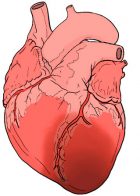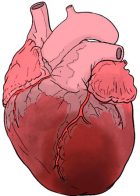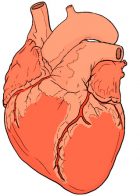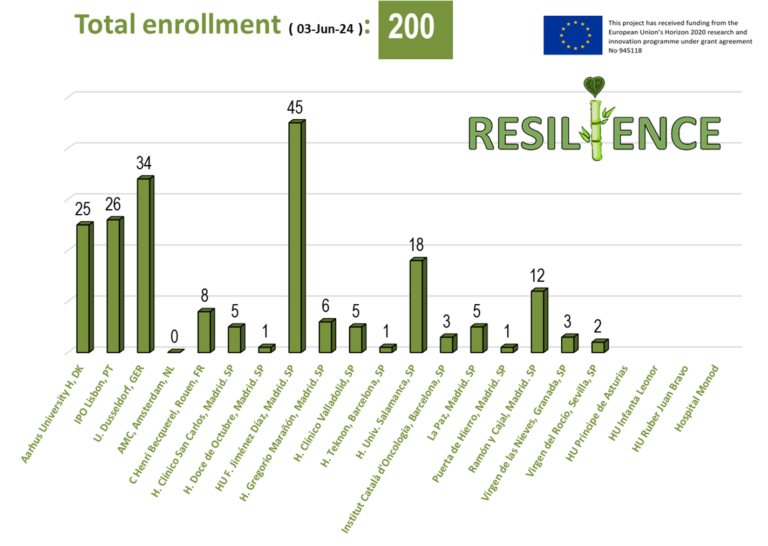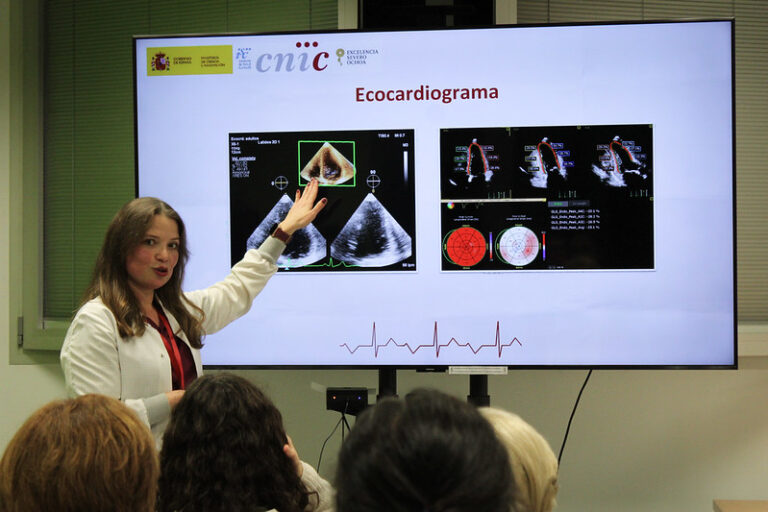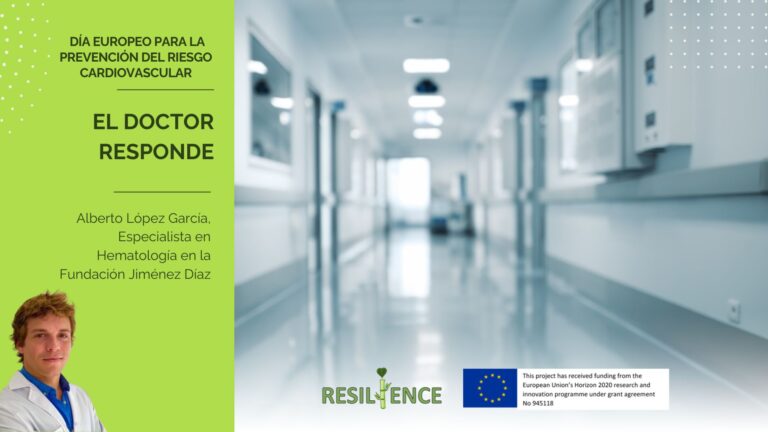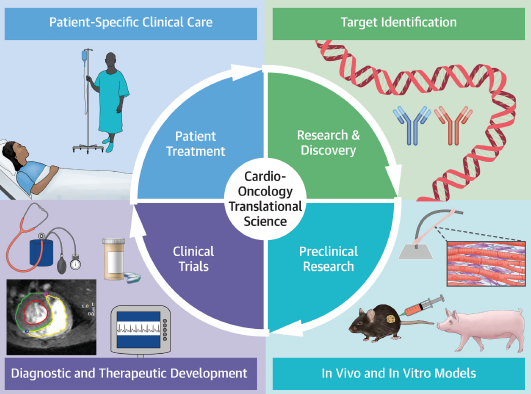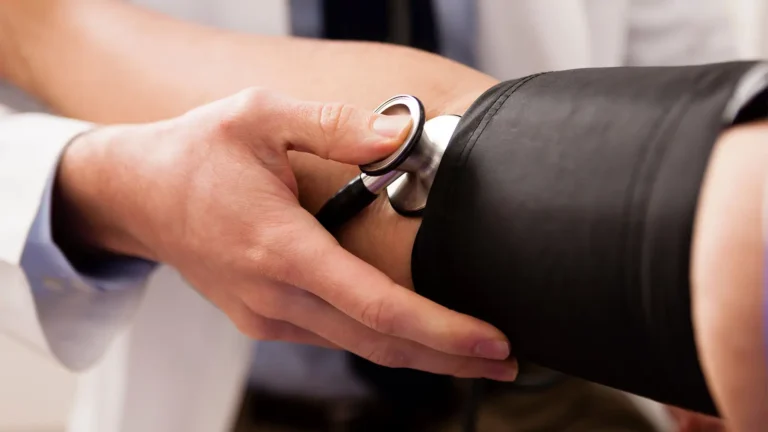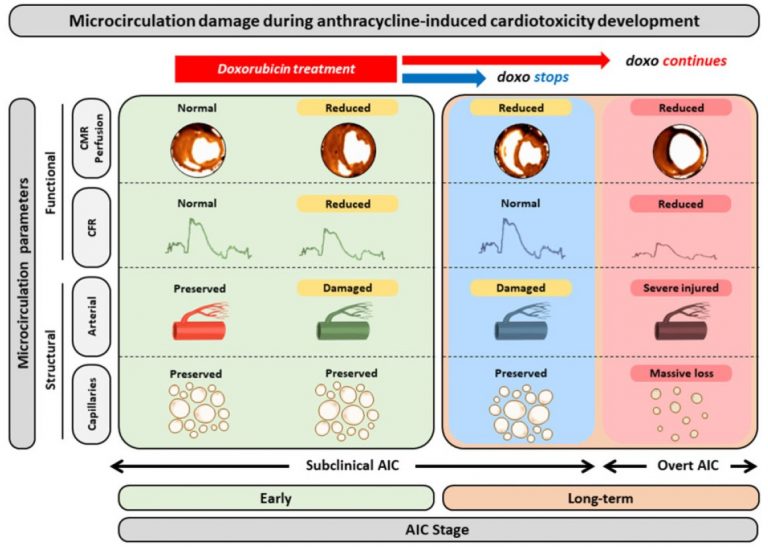People with this condition face more problems when removing heat from the body and their heart can be overloaded, so it is essential to prevent risky situations.
Heat, new routines, variations in diet… Summer brings changes in our lives, but people with health problems should take extreme precautions in these months. Did you know that high temperatures can cause, for example, a drop in our blood pressure (hypotension)? It is a risk that can be more serious in people with previous pathologies. Today we talk about heart failure in summer and we give you some tips to avoid risky situations.
What is heart failure?
First of all, we must be clear about what heart failure is. It is a condition that occurs when the heart muscle does not pump blood correctly, therefore, the distribution of oxygen and nutrients to the body is affected. Among the most frequent symptoms of heart failure we find:
- Shortness of breath during activity or when lying down.
- Fatigue and weakness.
- Inflammation of the legs, ankles and feet.
- Faster and more irregular heartbeat.
Among the causes may be some infections and cardiovascular diseases, but also some treatments. This is the case of anthracyclines, a type of anticancer drug used to treat many types of tumors, which, however, has a potential cardiotoxic effect that can culminate in the development of heart failure.
Of the 4 million new cases of cancer diagnosed in Europe each year, around 3 million are treated with anthracyclines. Recent studies show that approximately 35% of patients receiving this treatment will develop some type of cardiotoxicity. Furthermore, it is estimated that 6% will develop moderate to severe cardiotoxicity, the latter being severe chronic heart failure.
For this reason, the European-funded RESILIENCE H2020 clinical trial focuses on preventing this heart damage through a simple and minimally invasive intervention. We explain it in detail here.
Advice for heart failure patients during the summer
To avoid risky situations in summer, patients with heart failure may follow some guidelines:
- Limit physical outdoor activity when it is really hot. The heart of people with heart failure has a reduced reserve capacity to remove heat from the body, so it can become overloaded. Although the practice of exercise is key to maintaining a healthy lifestyle, in summer, it is recommended to do it in the hours of lower temperature, such as early in the morning or late in the day.
- Avoid the consumption of alcohol and tobacco. It seems obvious, but in summer our routines change and beer is usually part of the holidays. However, both alcohol and tobacco have a negative impact on cardiovascular health, especially in those patients with previous pathologies such as heart failure.
- Maintain a healthy diet. Diet can also vary in summer, but maintaining a balanced diet is essential to avoid cardiovascular risk. Prioritizing fruits and vegetables, as well as reducing meat consumption, in addition to maintaining good hydration, is key.
- Take care of rest. It is convenient to sleep 7 to 8 hours a day to regain strength. According to a study published by the European Journal Preventive Cardiology, people with healthy lifestyle habits who sleep a minimum of 7 hours a day reduce the risk of cardiovascular disease by up to 65%.
- Adherence to treatment. Medical treatment must accompany the patient at all times. For this reason, it is necessary to make sure that you have enough medication before traveling and use methods, such as mobile alarms, so as not to forget the intakes.
Are you receiving cancer treatment with anthracyclines? We recommend you to check our blog and read our articles with information on diet, exercise and healthy lifestyle habits to prevent problems such as heart failure.

